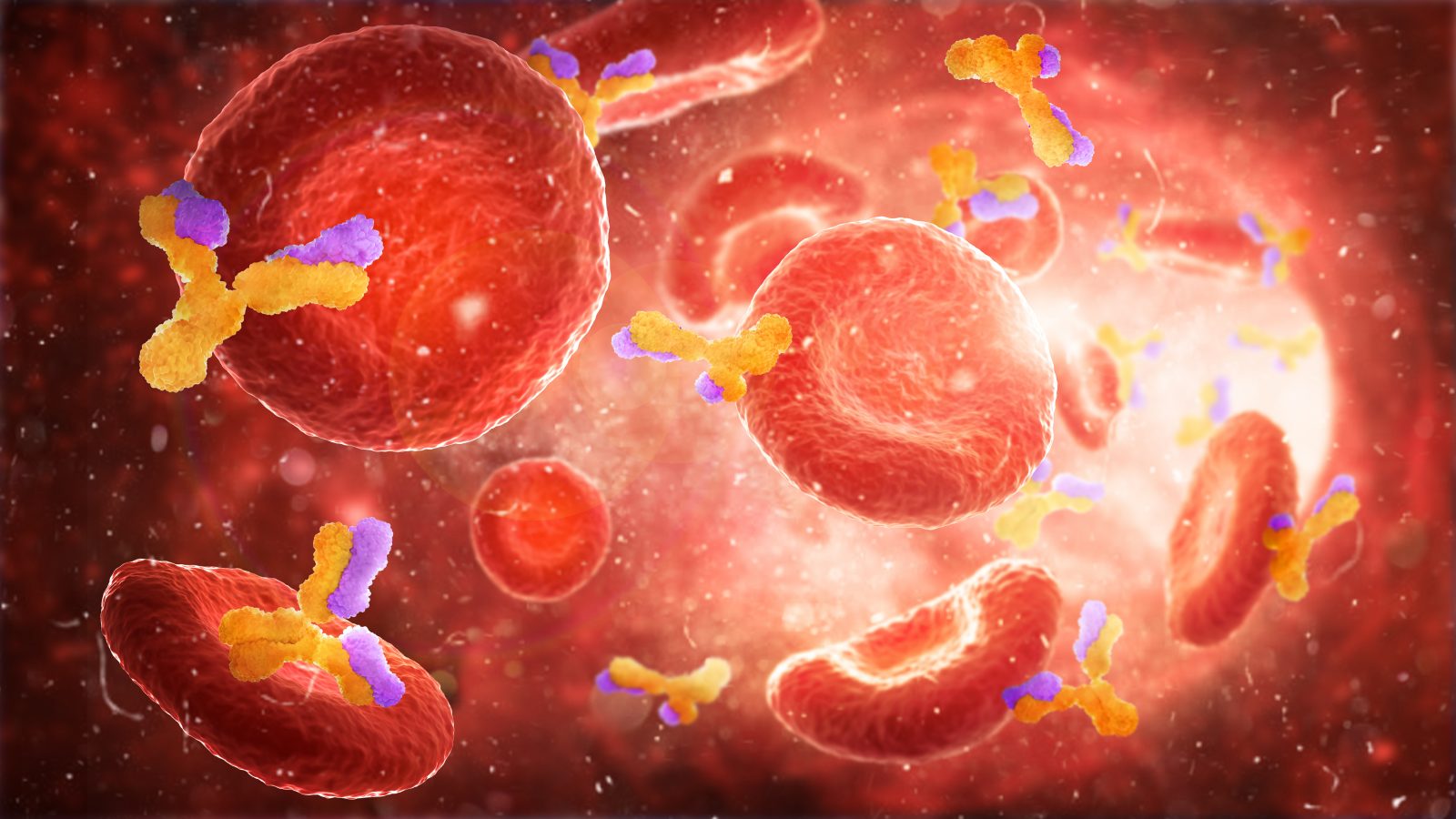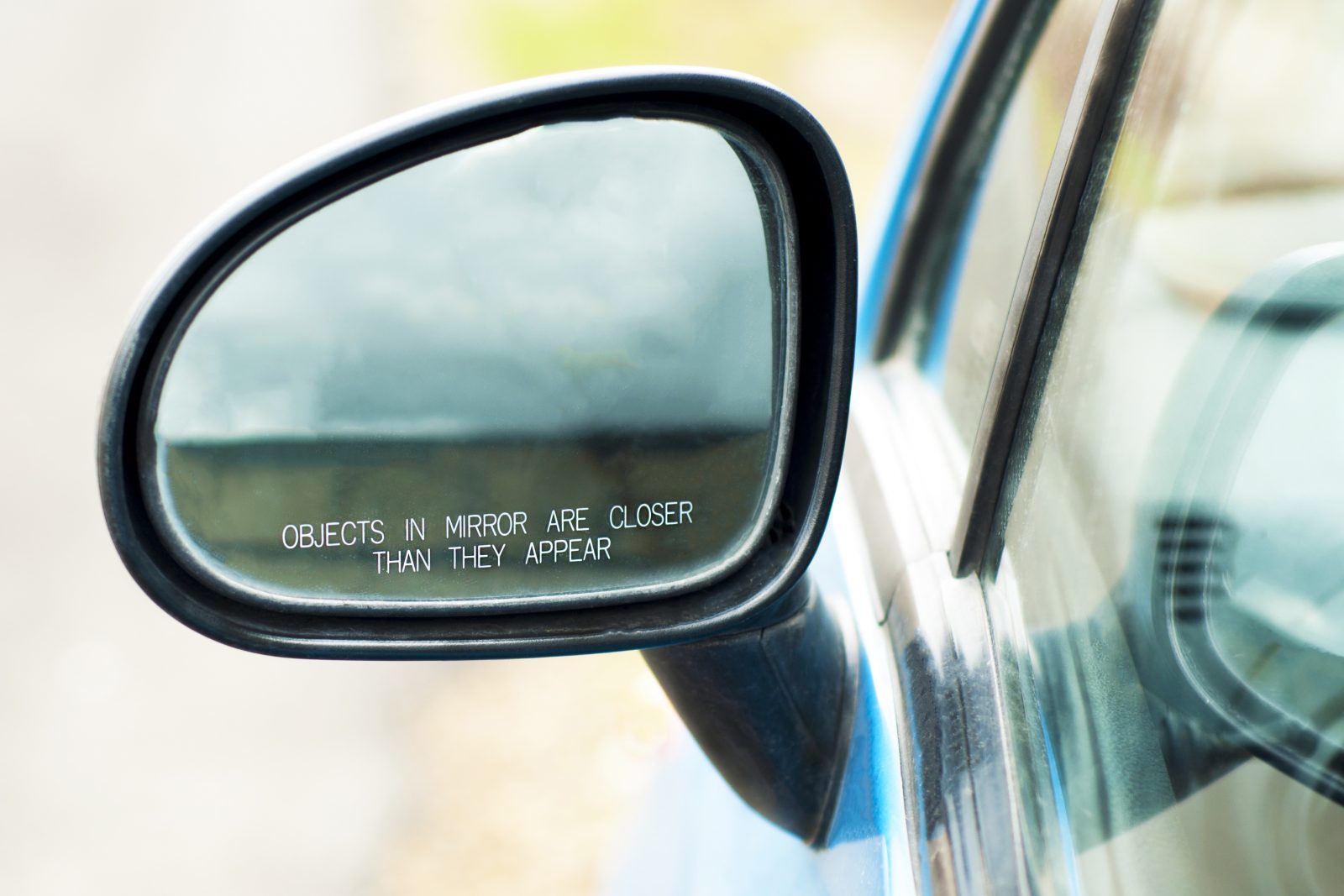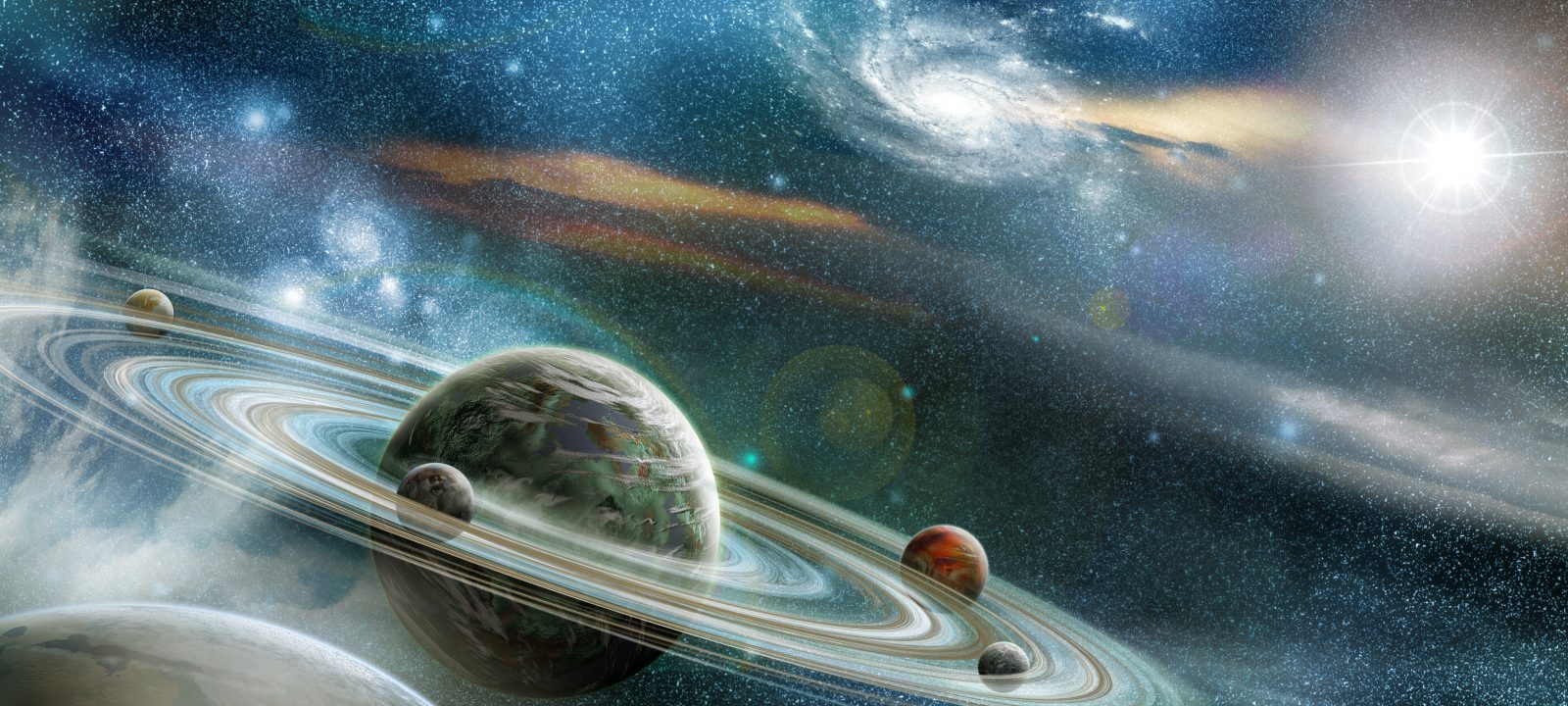Hungarian Philosopher Philip Goff Partly Right: The Universe Reflects a Mind
On this episode of ID the Future, neurosurgeon Michael Egnor talks with host Sarah Chaffee about a theory that Hungarian philosopher Philip Goff calls “cosmopsychism.” According to cosmopsychism, the basic reality of the universe is mind, one wholly contained within the universe. Egnor says Goff gets it partly right but only partly. There are at least three very good reasons to believe there is Mind at the basis of everything, Egnor says, but as he goes on to argue, the classic view of this Mind transcending the universe remains more rational.
Read More ›



